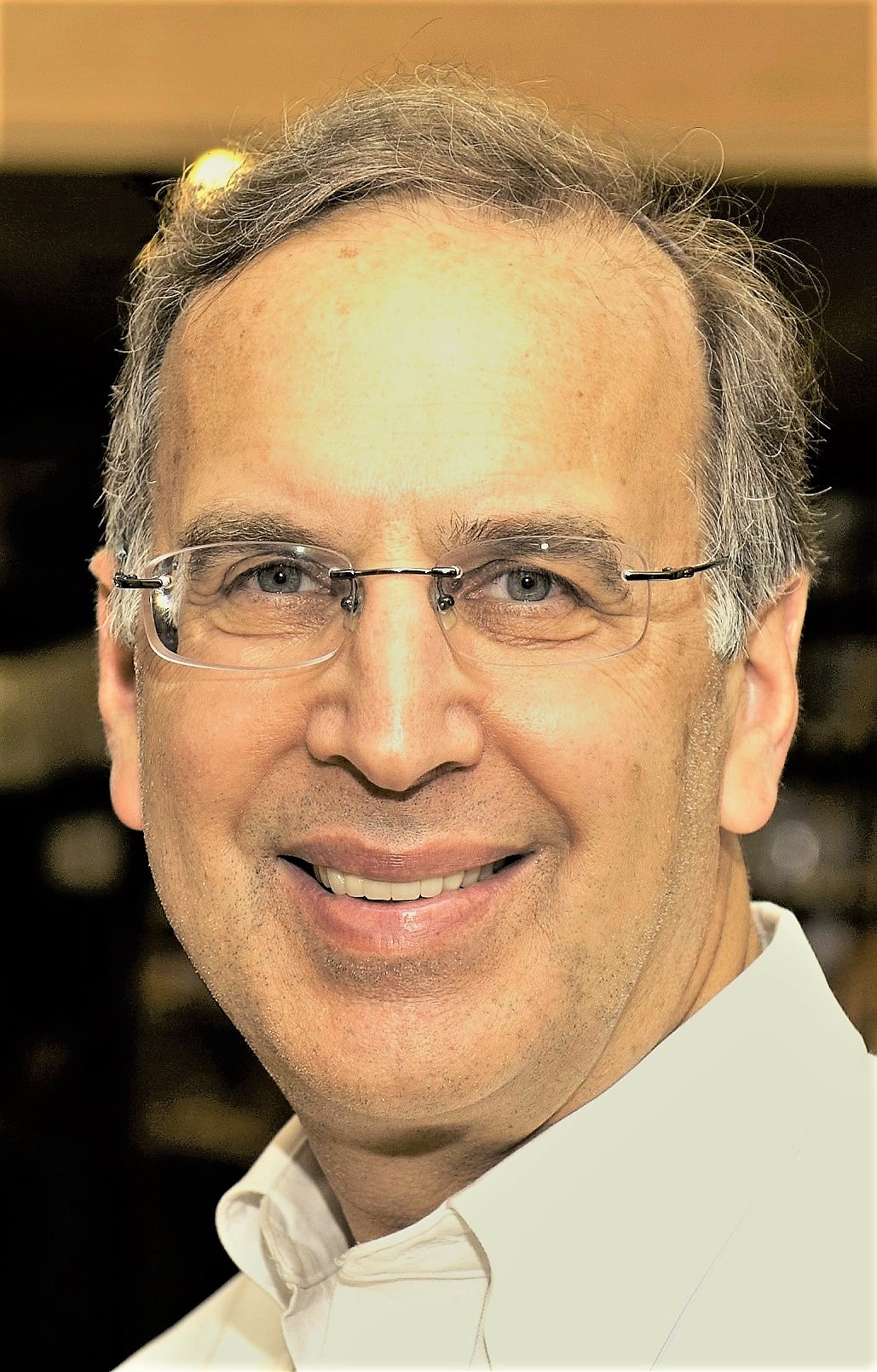
Sid Schwarz, Founding Rabbi, Adat Shalom Reconstructionist Congregation and Director, Clergy Leadership Incubator
I am the child of two European-born parents who came to America, fleeing Nazi tyranny. Each lost most of their families to the Holocaust. The home I was raised in was very observant of Jewish tradition and I was sent to a yeshiva, an Orthodox day school, which taught classical rabbinic texts. We were sabbath observant so I was a regular at synagogue every week, often, the only youth in a sea of older men.
I am deeply indebted to my parents for providing me with this background. And yet, even as an early teen, there was too much about the Jewish tradition that did not work for me. My uncle, a Conservative rabbi, aware of my growing doubts, introduced me to the work of Mordecai Kaplan, one of the most important Jewish thinkers of the 20th century and the founder of Reconstructionist Judaism. His work opened up for me new intellectual and spiritual possibilities that shaped my life and career. Even as Kaplan rejected a belief in a personal, supernatural God, he raised up core values from the Bible and classical rabbinic texts that pointed a way to live a life that was deeply rooted in Jewish practice but also, aligned with humanistic values like justice, peace, pluralism, the infinite value of every human being and respect for other religions and cultures.
Fast forward: I have been a Reconstructionist rabbi now for 45 years. My career has been unconventional. I have founded an array of local, national and international programs, each one an example of spiritual innovation in practice. For me, spiritual innovation is building on a practice or a belief that comes from an historic religious tradition and modifying its application in a way that is consistent with current sociological realities. A good spiritual innovation builds on one or more core values of a tradition but offered through a new “delivery system” (think program or institution in which the value/values are embedded).
Three examples:
- PANIM: The Institute for Jewish Leadership and Values worked at the intersection of Jewish values and civic responsibility. Our core program was a 4-day program in Washington for Jewish teens that inspired greater activism for social justice, inspired by Jewish values. Over 21 years, we served over 20,000 Jewish teens as well as creating programs for post-college youth and Jewish educators.
- The Rene Cassin Fellowship Program was named after a French jurist who won the Nobel Peace Prize in 1968. It was a year-long program on human rights for young adult Jews, ages 25-35, with hubs in New York, London and Jerusalem, designed to inspire greater activism in the realm of human rights.
- Adat Shalom Reconstructionist Congregation (Bethesda, MD) was my attempt to re-imagine what synagogues might be. We prioritized lay empowerment, community building, spirituality, and social justice and attracted hundreds of people who would never have joined another synagogue.
I now direct a national fellowship program for rabbis called the Clergy Leadership Incubator (CLI) whose goal is to train young rabbis in spiritual innovation, change management and institutional transformation. We currently have 120 alumni of the program who are, themselves, finding ways to take the best values and principles of the Jewish tradition and re-package it in a way that might be compelling for Jews, who like most Americans, are suspicious of conventional religious institutions but who, nevertheless, are eager to craft lives of meaning and sacred purpose.
Spiritual innovation requires imagination, deep grounding in the wisdom and practice of historic religious traditions and a willingness to take risks. In a world that is so troubled and broken, I believe that spiritual innovation is the ticket to a more loving, just and compassionate future.
Read More Definitions of Spiritual Innovation
- Ristina Gooden, Spiritual innovation leader and scholar focused on Black women
- Sandy Hong, Spiritual innovation trainer and practitioner focused on the US and Korean diaspora
- Edina Leković, Muslim thought leader and community builder
- Noosim Naimasiah, Pan-African scholar-activist
- Susumu Shimazono, Japanese sociologist of religion
- Cristine Takuá, Maxakali Indigenous philosopher and educator
- Brandon Vaidyanathan, Catholic sociologist and spiritual innovator
Discover More Resources
The Spiritual Awakening of the Continent of Africa
A video interview between Priscillah Mabello from Liberia and Mildred Awino – a Kenyan spiritual practitioner – on the movement to decolonize African spirituality
Making Sanctuary: Hope, Companionship, Race and Emergence in the Anthropocene
Article offering insightful narratives about the concept of sanctuary and the relationship with the transcendent in times of global crisis.

